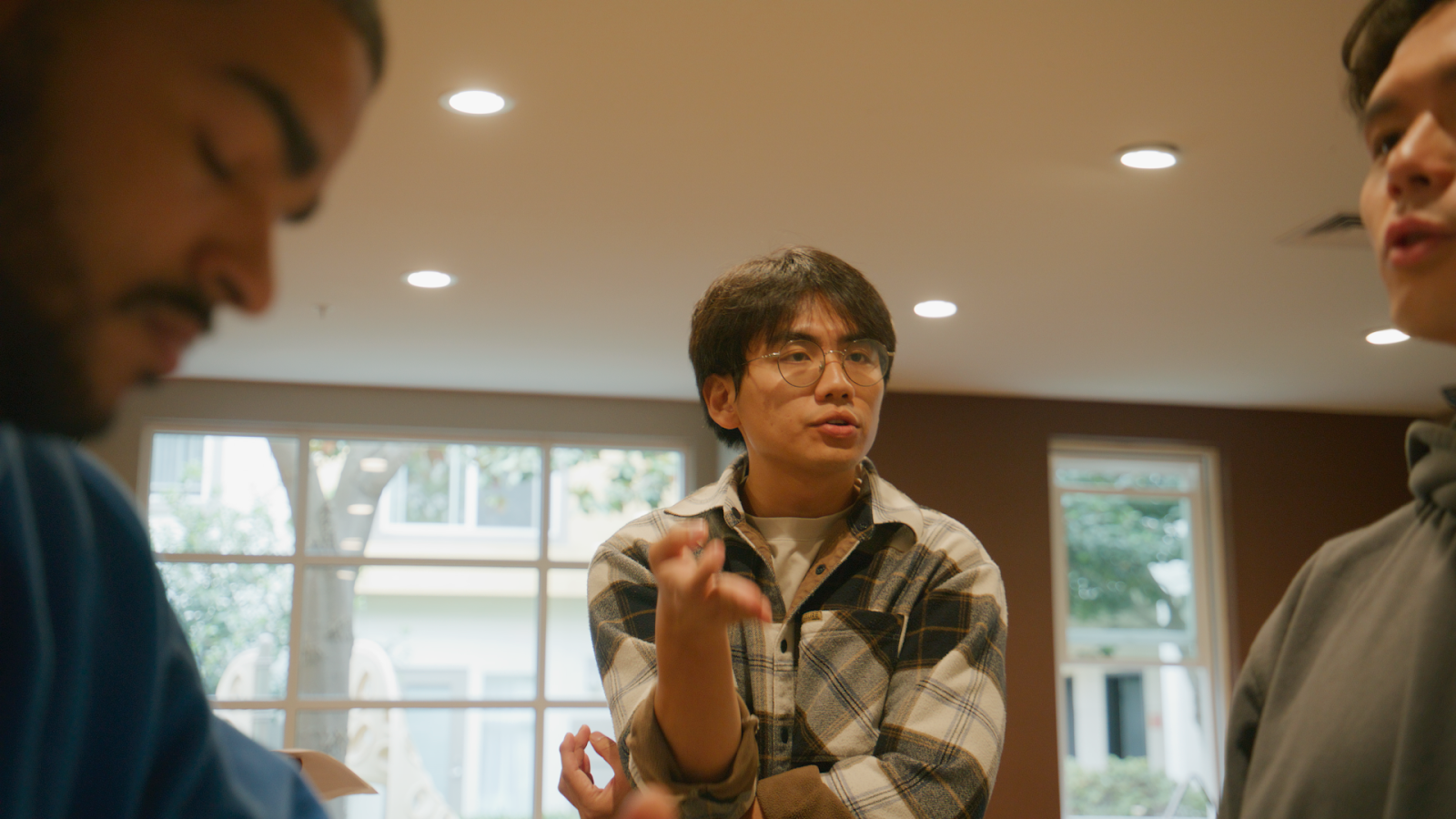Music
Joy and Pain Are Chained Together On Japanese Breakfast’s “Jubilee”
05 Jun, 21

Japanese Breakfast
By: Amy Harris/Invision/AP/Shutterstock
Japanese Breakfast’s third album, Jubilee, breaks open with a bang.
The first song, “Paprika,” is one of the artist’s biggest, brightest songs. It rolls in with a giant crescendo about 30 seconds in, and from there it rides on a buoyant, trumpet-laden beat that marks a stark contrast to the more meditative qualities of the artist’s earlier works.
The song, and the album that follows, were created to be a celebration of ecstasy, happiness, and the brighter sides of life. (Ahead of its release, the artist literally tweeted, “This is an album about joy.”)
And yet — and apologies to Michelle Zauner if she ever happens to read this — the album is not, exactly, joyful. The kind of ecstasy explored on the album is complex, layered, and tempered. If there is joy here, it’s joy held onto with a clenched fist. If there is happiness, it is diluted by the full expectation that it will be ripped away at any moment.
Never is this clearer than on the album’s emotional centerpiece, “In Hell,” a song that is profoundly, wildly devastating. It’s literally about watching a loved one die in the hospital. “With my luck, you’ll be dead within the year. I’ve come to expect it,” she sings. “There’s nothing left to fear. At least there’s that.” That small, twisted mercy that is really not a mercy at all is the kind of joy that defines Jubilee, which is to say that here, joy is almost a way to defend the self from pain.
In light of all this, it’s hard to hear “Paprika” or any of the songs as truly joyful. Maybe, you start to wonder after hearing the whole album, the explosive ecstasy that defines that first song isn’t an expression of joy, but a desperate attempt to run from sorrow.
The rest of the album explores this dynamic, traversing the push-pull between joy and suffering. Across the board, love is chained up with unrequited desire and loss. Ecstasy signifies a coming collapse. For everything created, something is destroyed.
These songs are defined by the kind of joyful pain that comes from unrequited love, from a moment of stolen eye contact with your forbidden crush, from obsessively remembering moments that are long gone. They all seem cut through with an almost masochistic pleasure, a preference Zauner hints at on the song “Posing in Bondage.”
Japanese Breakfast – Posing In Bondage (Official Video)www.youtube.com
That song, which is mesmerizingly gorgeous, (but again, not joyful), is about waiting at home for someone who clearly has already detached themselves from a relationship. “Done up and fixed on / All of the nights you turned away my touch,” Zauner sings, a line that aches with sorrow magnified by desire with nowhere to go.
Of course, no one should wait at home for someone who keeps rejecting them, but these are the patterns that humans too often mistake for love. Yet as the chorus thunders into being, with its sleek beats and Zauner’s sighing vocals, you can’t help but feel some kind of release, a thrill of joy at the pain.
There are indeed some more upbeat tracks on the album, but all of them end up collapsing into something much darker. “Savage Good Boy” starts as a sweet gender-bent love song, but it ends up being about wanting to hide in a bunker and eventually repopulate the human race after some great flood.
Musically, the album is definitely more upbeat and bombastic than Zauner’s previous offerings, which were much dreamier and more ambient. Yet some of the instruments clash and shriek in a way that adds an apocalyptic edge to even the most joyful sections. “Be Sweet” seems styled after ’80s synthpop, but almost sounds like it’s meant to be played out over an abandoned post-apocalyptic roller rink; there’s a desolate angularity to the arrangements. Zauner’s voice, agile and light, feels sharp at times, coiling into something like a scream. But the album never veers into truly heavy sounds, and songs like “Kokomo, IN” showcase Zauner’s penchant for beachy, floaty alt-rock.
In contrast to her earlier music, this new album is undeniably sunnier. Zauner’s past two albums were both deep dives into grief that carried listeners through the shadowiness of the collective unconscious. Her first, Psychopomp, was written in a haze of grief after her mother’s death; the fact that it launched her to indie stardom was a surprise to her, but since then she has continued to create furiously, directing several music videos and hosting a video series on the relationship between food and migration, among other events. Her first novel, Crying in H Mart, also details her mother’s life through the lens of her death.
Now, despite its melancholy undertones, Jubilee reveals an ambitious artist determined to leave her past behind and expand her palate in every sense. She’s looking to open her heart up to new emotions and new loves, and she’s looking to elevate her music to new heights. She’s looking to embrace ecstasy and happiness and pain and sorrow all at once, allowing herself to rise into the full complexity of being. By the time the album arrives at the gorgeous “Posing For Cars,” perhaps the best song on the album, she seems to have reached some level of peace amidst the chaos. In light of that, maybe “Paprika” and all that comes after contain the sounds of a world ending as another one begins.
Posing For Carswww.youtube.com
Change and growth are never easy or linear, and they can come with a lot of pain, but at least here there’s a sense of hope. And maybe that’s enough reason for a jubilee, in the end.













